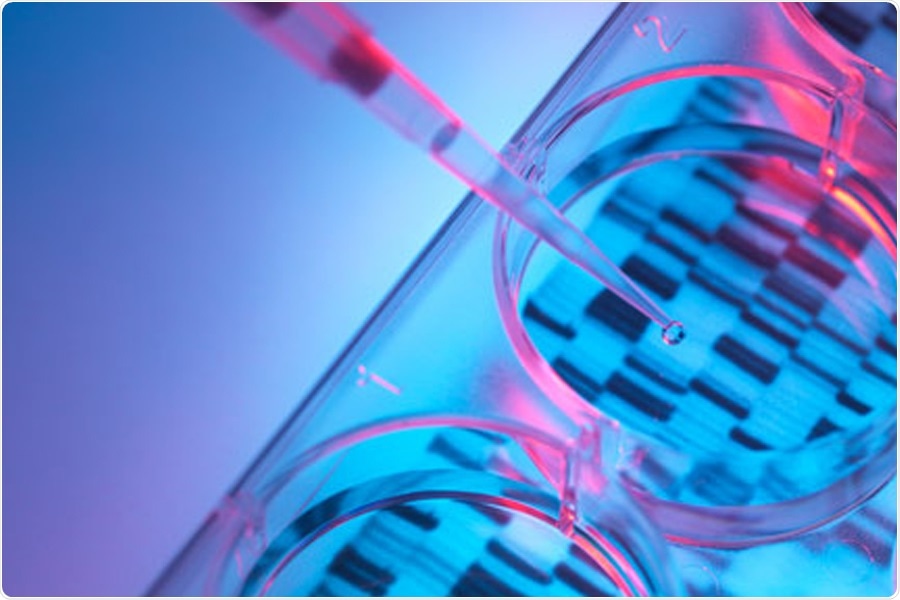David Gilbert, Professor of Biological Science, from Florida State University is applying the latest data relating to the human genome to gain a deeper insight into cancer.

Florida State University researchers are contributing to the Encyclopedia of DNA Elements, a project to better understand how the human genome works. Image Credit: Courtesy of the National Institutes of Health.
Gilbert and his collaborators from Florida State University were part of a group that compared different types of cancer cells to a database of healthy human cells. To perform this analysis, the researchers used a novel technique developed by Gilbert, which helped them detect the type of cells from which cancers derive.
By comparing different types of cancer cells to the group of normal cells, the researchers were able to distinguish which type of cancers closely and largely corresponded with different types of cells.
Cancer cells come from a cell in your body, but they have changed. Knowing what cell type they came from is particularly important when evaluating whether a new tumor in a relapsed patient is derived from the original tumor or is a new cancer altogether.”
David Gilbert, Professor, Department of Biological Science, Florida State University
Published in the Nature Communications journal, the study serves as a companion piece to a huge publication series resulting from a global effort to learn the functions of the human genome. The study was financially supported by the National Institutes of Health, known as the Encyclopedia of DNA Elements (ENCODE).
Since only 1% of human DNA codes for any familiar proteins, interpreting the function of the remaining human genome has been quite difficult.
Gilbert and his collaborators also contributed to the larger ENCODE publication, which appeared in the Nature journal, summing up the efforts of the new cycle of ENCODE funding.
The highlight of the new study is the plotting of almost one million elements found in the human genome, covering 8% of the genome that controls the genes. In other words, these elements determine the amount and the site of body tissue where a gene will be expressed.
The complexity in an organism is not in the number of protein-coding genes it has. It’s in the combination of those genes. We have almost the same number of genes as worms and flies, but we express them in more complex combinations.”
David Gilbert, Professor, Department of Biological Science, Florida State University
Gilbert’s laboratory adds replication—the DNA process replicating itself—to the picture.
People don’t often think of replication as something that would be regulated differently in different cell types because DNA is the same in all cells. However, it’s not just DNA that replicates. Rather, all the components of chromosomes that regulate the DNA are completely dismantled and re-assembled when DNA replicates.”
David Gilbert, Professor, Department of Biological Science, Florida State University
“We’ve shown that the order in which segments of DNA replicate is unique to each cell type and also different in diseased cells. It can even be unique to a specific patient’s cancer,” Gilbert concluded.
Source:
Journal reference:
Zhang, J., et al. (2020) An integrative ENCODE resource for cancer genomics. Nature Communications. doi.org/10.1038/s41467-020-14743-w.